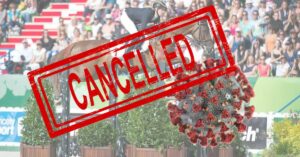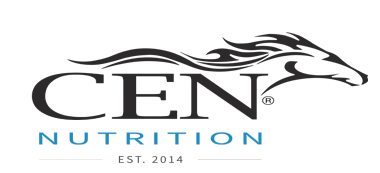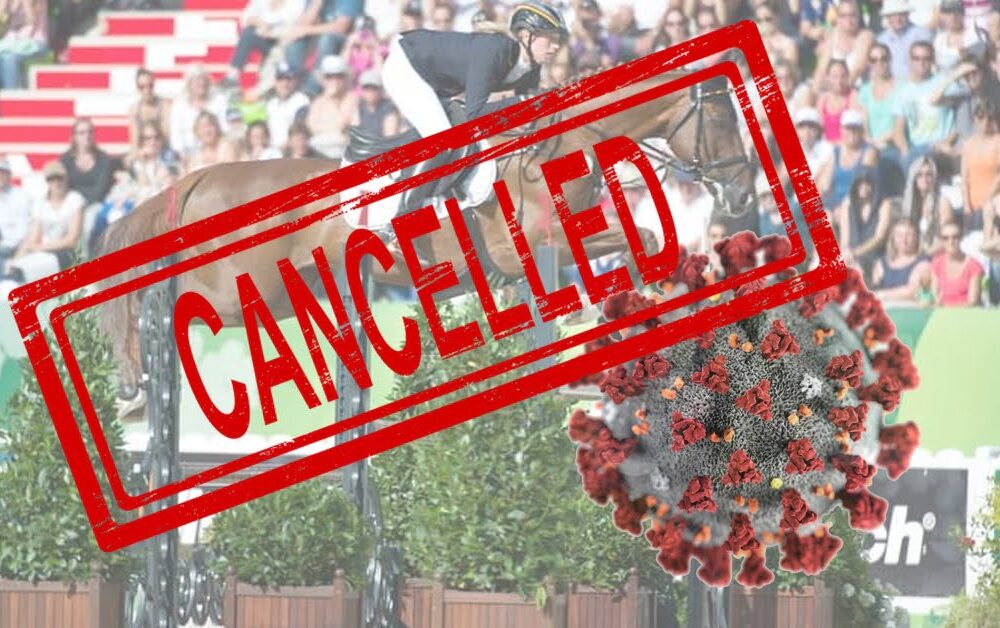
The uncertain times are continuing for horse owners as COVID-19 is affecting every aspect of our lives. There has been many upcoming horse events cancelled across Australia due to the current COVID-19 restrictions put in place by the Government.
This has resulted in a decrease in workload for horses who were preparing for these events. These reduced workloads mean a calorie adjustment must be considered to maintain a healthy weight in these conditions.
Also maintaining daily vitamin and mineral requirements is important when feeding less calories as the horses’s immune system relies on nutrients especially zinc, copper and selenium levels.
SWITCH TO A RATION BALANCED TO REDUCE CALORIES
Switching from a higher-calorie feed to a ration balancer is one effective way to reduce calories while maintaining vitamin and mineral requirements.
When cutting back on a higher-calorie feed, the vitamin and mineral profile is affected. This is due to the amounts being lower than the manufacturer’s recommendation for your horse’s body weight.
Ration balancers will help balance the vitamin and mineral shortfalls in the pasture or roughage without the excess of calories.
Another aspect of the diet to reduce are sugar or starch sources, which are high in calories.
If your horse is a hard keeper (struggles to maintain condition) and requires higher calories, a healthier way is to include more sources of fibre and fat rather than starch or sugars.
There is a mountain of research that suggests horses fed calories from fibre and fat can be calmer, which is an important aspect for a horse in a reduced workload.
HOW SHOULD YOU FEED A HORSE IN A REDUCED WORKLOAD?
For a horse to thrive daily, they must achieve a base amount of nutrients in their diet. This can vary due to many factors including genetics, workload and environment.
There is a simple feed program to follow that will hit these targets. This general outline will only require further adjustment according to each horse’s requirements and environment.
- Roughage
Always make roughage the centrepiece of the diet. Aim for 1.5-2% of their bodyweight in either pasture or hay. e.g 500kg horse requires 7.5kg-10kg of roughage per day.
It is the chewing & digestion of the roughage that satisfies a horse’s inbuilt natural drive to graze continuously, helping neutralise the rising stomach acid and for digestive and mental/behavioural health.
Choosing a hay type is important to help prevent metabolic issues from developing from high sugar and high starch intake. The article “Best Hay Type For Your Horse” will provide additional information on the best hay type for your horse. - Ration Balancer
A healthy fibre based ration balancer like CEN CF50 is highly beneficial to help balance the nutrient profiles of pasture or hay. Australian soils are rich in iron and horse cannot excrete iron, therefore a balancer low in iron is desirable.
This results in better absorption of other key minerals like zinc and copper. Preventing iron overload will also lower oxidative damage in the body and inflammatory conditions. - Salt
To activate thirst and hydration, feed 5-10g per 100kg bodyweight daily. Their kidneys regulate sodium and chloride levels by either increasing water intake or excreting excess to ensure blood concentrations remain optimal. - Omega 3
Particularly beneficial in hay reliant diets as it is depleted of Omega 3. The depletion of Omega 3 can be replaced with a quality plant based Omega 3 natural oil like CEN Oil.
The omega 3 balance is important for the chronic inflammatory risk in horses. - Additional Calorie Sources
All horses are individuals according to various factors including genetics and environment. Some require more calories due to their resting metabolic rate.
Find healthy additional calories that are lower in sugar and starch. These include beet pulp, cracked lupins, crushed oats.
Feeding horses according to their physiology is simple and economical. It also helps lower the risk of metabolic issues and behaviour problems.
A healthy hindgut environment not only improves nutrient absorption, but provides many benefits to overall health especially the immune system.
By maintaining a healthy weight and vitamin and mineral requirements, your horse will be ready to get back into peak condition for competition.
Please contact us if you need guidance to balance the nutrient profile of your horse’s diet.
Written by Bryan Meggitt (BMedSc. PGCrtMedSc.)
Biochemist / Senior Scientist and Co-founder of CEN Horse Nutrition
Bryan is passionate about improving equine health through nutrition according to science & nature.

